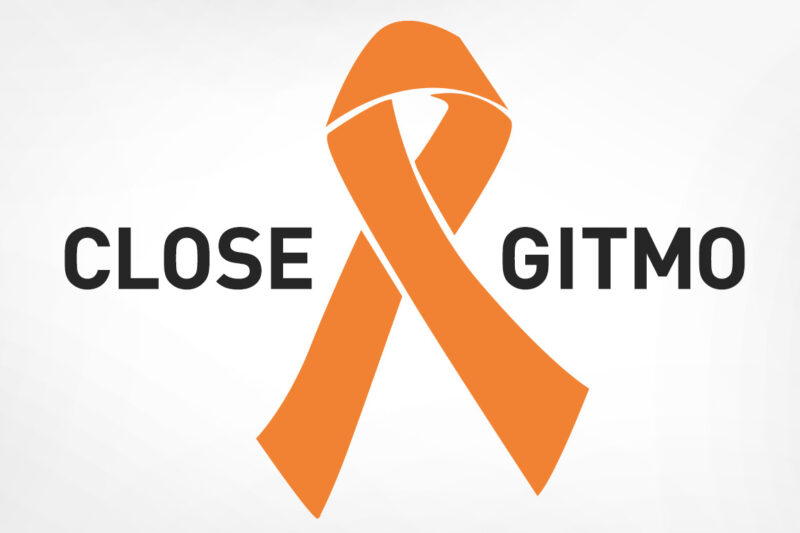
On November 28, the ACLU filed a request under the Freedom of Information Act seeking the U.S. military’s autopsy reports of the three men who died most recently while detained at Guantánamo Bay. The men—Adnan Latif, Awal Gul, and Hajji Nassim (also known as “Inayatullah”)—had been held at the prison camp indefinitely and without charge. They died on September 8, 2012, February 2, 2012, and May 18, 2011, respectively. You can read our request here.
While the military completed autopsy reports after each detainee’s death, these reports have not been released to the public. Our FOIA request follows of the completion of Latif’s autopsy report and the government’s continued withholding of that report. The government’s failure to make Latif’s autopsy report public is particularly troubling given that has surrounded his death.
Without public disclosure of these autopsy reports, the public has an incomplete understanding of what happened to Latif, Gul, and Nassim while in U.S. custody. While the government issued short statements identifying the causes of death for Gul () and Nassim (suicide), it has yet to issue a statement on how Mr. Latif died.
Information leaked about Latif’s autopsy report suggests that the government has ruled his death a suicide. But this conflicts with by U.S. and Yemeni officials (Latif was a Yemeni citizen) stating that the on Latif’s body. Reports have also surfaced that Latif may have been given an injection for “” mere days before he died. The Yemeni government, despite having been provided a copy of the report, , and the circumstances surrounding Latif’s death remain murky.
We and have long called for more thorough and transparent government investigations into detainee treatment and deaths in U.S. custody. The public’s understanding of the government’s detention policies – and their consequences – depends on its ability to review and evaluate official investigations, including autopsy reports.
Latif’s case, in particular, raises deeply important and troubling questions about the impact of indefinite detention at Guantánamo. As my colleague Zachary Katznelson noted in September:
During his time in Guantánamo, Mr. Latif repeatedly went on hunger strike to peacefully protest his brutal treatment and imprisonment without charge or trial. When the mental pain became too much, his lawyers said, he tried to take his own life, more than once slitting his wrists, other times eating shards of metal and glass. [...] Now Adnan Latif is dead.
The executive branch cleared Latif for release at least three times, and a U.S. district court, after an exhaustive review of all the government’s evidence against him, his release. In October 2011, the D.C. Circuit of Appeals the district court’s decision, despite an extraordinary lack of evidence against him. Latif’s case represents a failure of all three branches of government to put an end to his ordeal, and he remained incarcerated until his death. In the words of a New York Times editorial, “.”
Since 2002, the ACLU has endeavored to obtain government documents relating to detainee treatment and deaths in Guantánamo, Iraq, Afghanistan, and elsewhere. Our request for these three autopsy reports is a part of this effort. When President Obama took office, he emphasized that:
Transparency promotes accountability and provides information for citizens about what their government is doing.
With our FOIA request, the government has an opportunity to align itself with its rhetoric. The American public deserves to know the full truth about what’s going on at Guantánamo in our names.
Learn more about Guantánamo: Sign up for breaking news alerts, , and .

